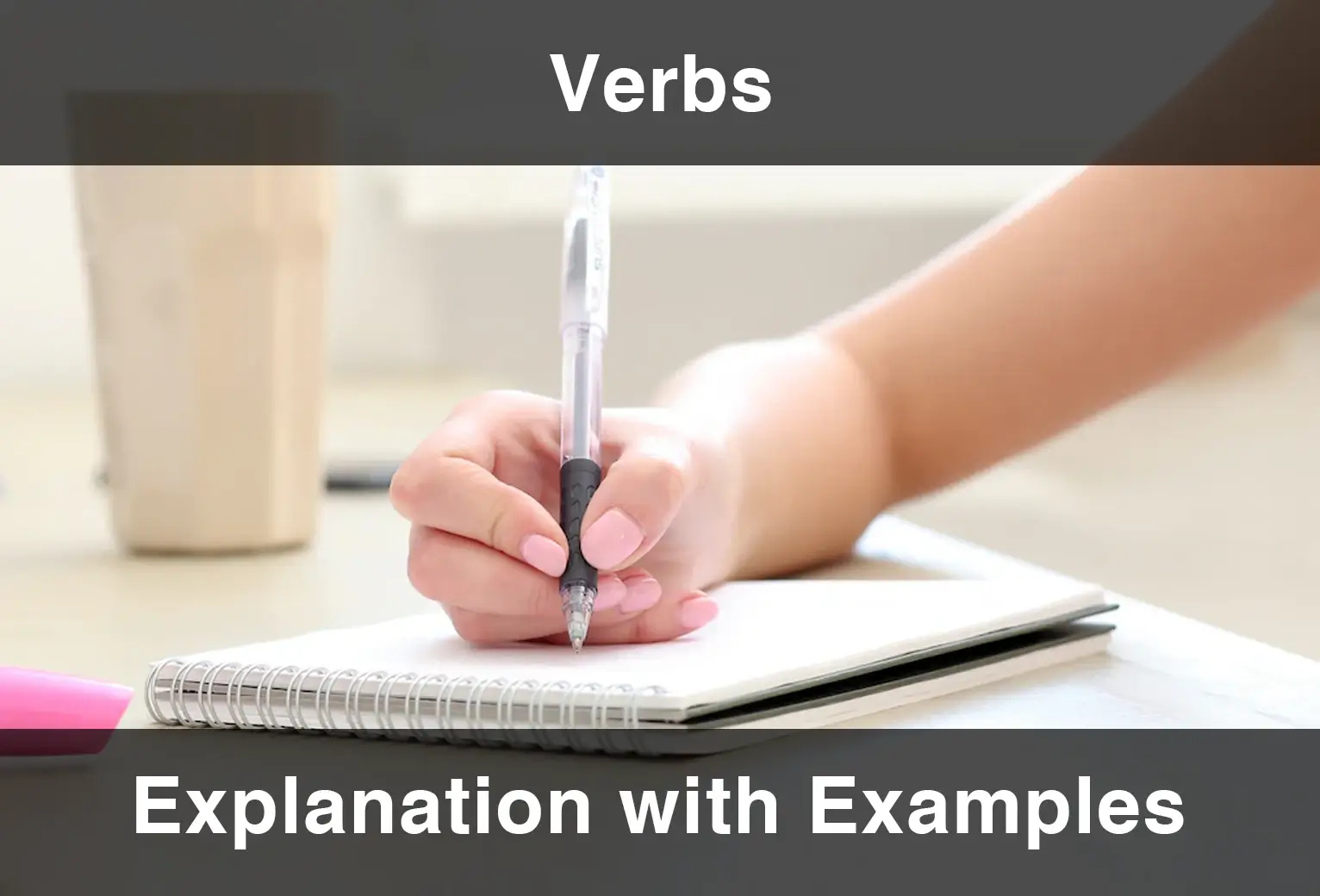Adverbs are an essential part of the English language and they should be on your radar if you’re learning English. Adverbs are used commonly in sentences. This article is prepared to help you learn all about adverbs in English.
What Are Adverbs?
Adverbs are one of the four major classes along with nouns, verbs and adjectives. They are words that describe verbs, adjectives and other adverbs. They usually have the “-ly” suffix, but some adverbs are spelled exactly like their adjective counterparts. We will explain how to differentiate adverbs and adjectives further in the article.
How To Use Adverbs In Sentences
Adverbs can modify adjectives, verbs, other verbs or whole sentences. They can either come before or after what they are modifying. Let’s take a look at some examples to learn how to use adverbs in sentences:
Adverb that modifies an adjective: A perfectly healthy baby was born yesterday.
Adverb that modifies a verb: I was running fast.
Adverb that modifies an adverb: She knows me really well.
Adverb that modifies a sentence: Interestingly, she studied for this exam.
Adverbs vs. Adjectives
Adverbs and adjectives are commonly mixed up. The difference between the two is that adjectives only modify nouns and pronouns while adverbs modify verbs, adjectives, other adverbs and sentences. Adverbs usually take the “-ly” suffix, but not always. If you are confused as to whether a word is an adjective or an adverb, simply ask yourself what part of the sentence it modifies. Here are some examples:
Adjective: I am giving her this book.
Adverb: Is your cat supposed to eat this fast?
In these examples, “book” is a noun and “fast” is an adjective.
Adjective: Such a bad movie, I wish we never watched it.
Adverb: I would never mess up so badly.
In these examples the word “bad” is modifying a noun (book), and the word “badly” is modifying a verb (mess up).
Adjective: Your puppy is so loud.
Adverb: I screamed so loudly at the concert yesterday, I lost my voice.
In these examples, the word “loud” describes a noun (puppy), and the word “loudly” describes a verb (screamed).
Adverbs of Manner
An adverb of manner is an adverb that describes how something happens. In other words, the manner in which that action happens. Some examples of adverbs of manner are deeply, eagerly, easily, rudely, fluently, etc. Let’s use them in sentences:
I deeply regret the words I said in our fight.
She eagerly agreed to our terms and we hired her as our new software developer.
I would easily forget Spanish if I didn’t practice daily.
He interrupted my speech rudely.
I speak 5 languages fluently.
Adverbs of Degree
An adverb of degree describes the intensity or degree of something. Some examples are too, very, really, incredibly, pretty, etc. Let’s use them in sentences:
I can’t hear you, you speak too quietly.
It was a very chaotic party.
You must be really sad that you didn’t pass your drivers test.
It is incredibly hot outside.
That’s a pretty cute dress.
Adverbs of Place
An adverb of place, also called a locative adverb, defines something’s position in relation to another thing. Some examples are above, around, below, etc. Also some adverbs of place end in “-ward/-wards”, such as onward, towards, etc. Let’s use them in sentences:
The group walked onward while we stayed behind.
I think we should go one floor below this one to find a place to eat.
The Little Red Riding Hood ran towards her grandmother’s house.
You should look above the ceiling, maybe the spider is there.
We circled around the school to make sure our teacher didn’t see us.
Adverbs of Time
An adverb of time describes when an action takes place. Some examples are now, later, soon, yearly, tomorrow, etc. Let’s use them in sentences:
I don’t care, I want to go home now!
If she doesn’t call me back soon, I’ll have to make plans without her.
You can come by later.
We change jobs yearly as we move countries.
I’m coming to school tomorrow, don’t skip and leave me alone please.
Adverbs of Frequency
An adverb of frequency describes how often, or frequently, an action happens. Some examples are often, seldom, sometimes, rarely, eventually, etc. Let’s use them in sentences:
I often cook for myself rather than ordering take-out.
She seldom calls, never comes by.
Sometimes I think about how my life could be different.
Rarely do I stay over at my parents’ house.
He will accept his fate eventually.
Adverbs of Purpose
An adverb of purpose, or adverb of reason, defines why something happened. Some examples are so, in order to, therefore, thus, accidentally, etc. Let’s use them in sentences:
We were really hungry, so we ate all the cookies.
I needed help, therefore I started to see a therapist.
In order to stay calm, I take in deep breaths whenever I get angry.
She didn’t invite me to her birthday party, thus ending our friendship.
I accidentally knocked over this vase and it broke.
Frequently Asked Questions About Adverbs
What are 10 adverb examples?
Here are 10 adverb examples: Eventually, so, often, therefore, above, deeply, rarely, badly, thus, really.
What is the difference between adverbs and adjectives?
Adverbs modify adjectives, verbs, other adjectives and sentences while adjectives only modify nouns and pronouns.
How do you use adverbs?
Adverbs are used to describe adjectives, verbs, other adjectives and sentences; therefore they can come before or after whatever word they describe. You can find examples on how to use adverbs in our article above.
What are the types of adverbs?
The 6 types of adverbs are adverbs of purpose, frequency, place, time, degree and manner.
Would you like to put what you have learned into practice? You can access everything you need to learn English on a single platform! With 25-minute one-on-one live English lessons, 40-minute group lessons, more than 30,000 interactive videos, vocabulary learning tools, AI-supported tutor MiMi, quizzes, and interactive activities, EnglishCentral offers its users a personalized and quality education plan at an affordable price. How about registering for EnglishCentral now and starting to learn English?











